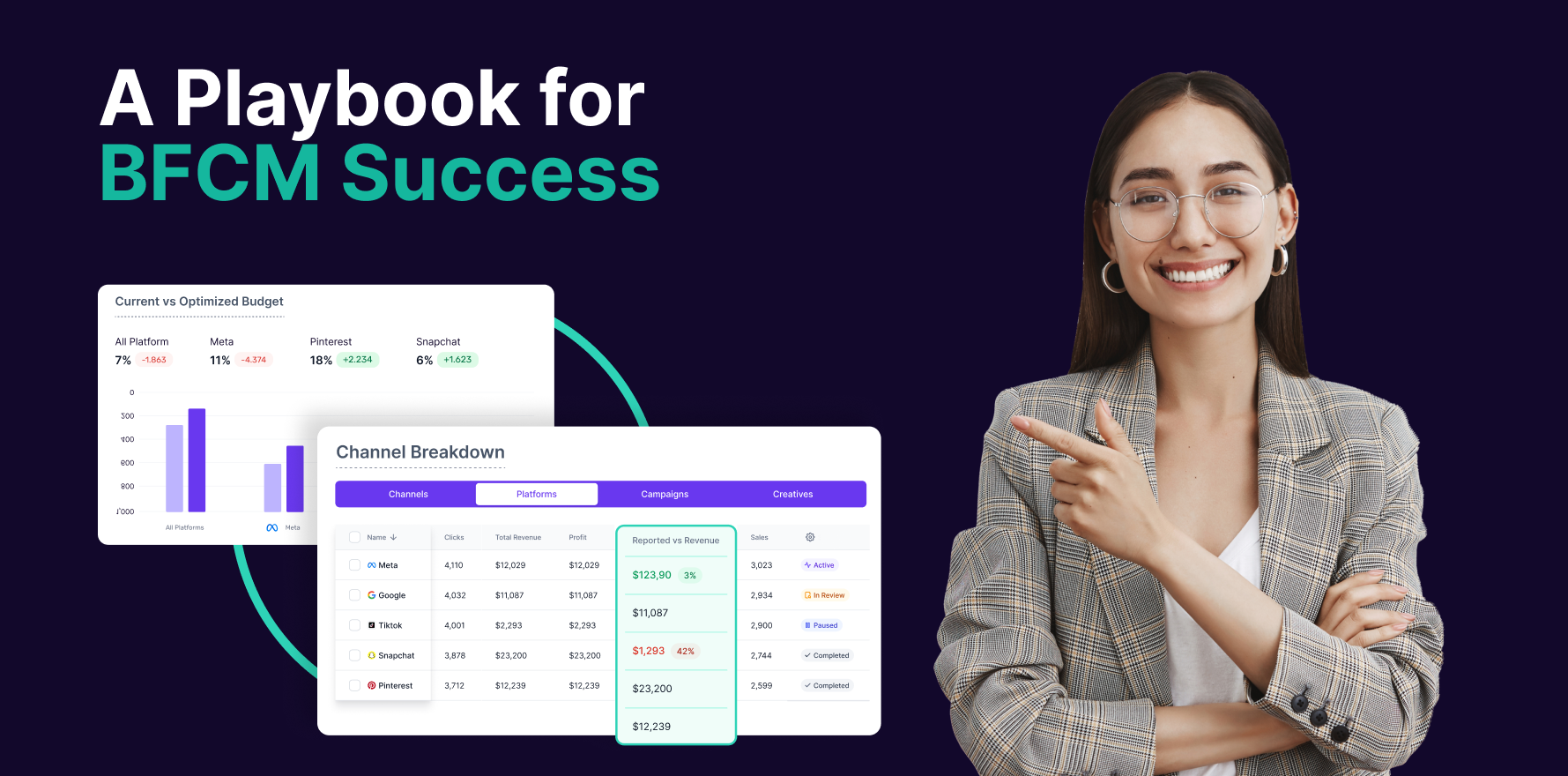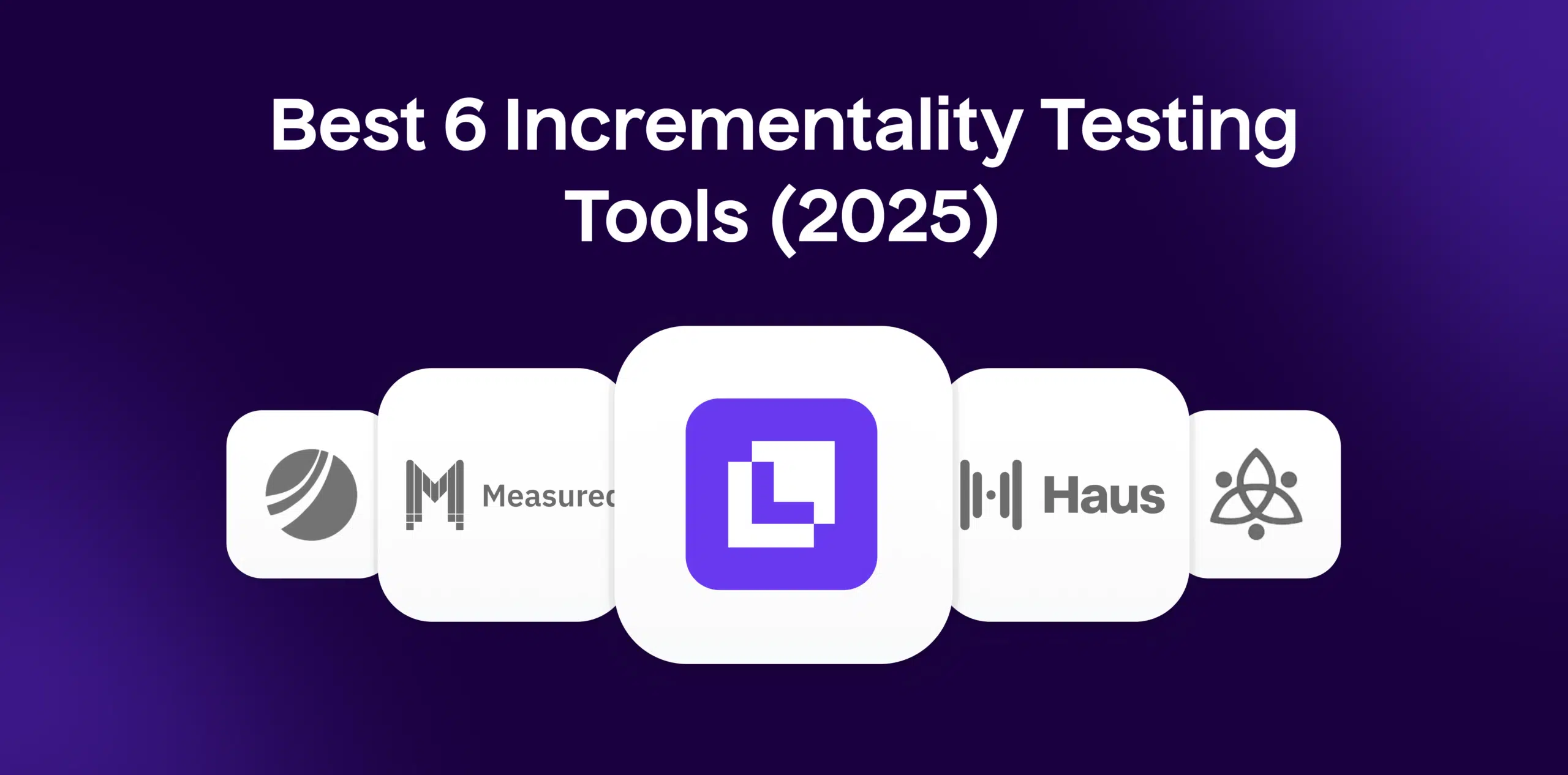What is Net promoter score?
The Net Promoter Score is a tool that measures the loyalty of customers towards a provider. It was initially introduced in 2003 by Fred Reichheld, Bain & Company, and Satmetrix. It is calculated by asking customers one main question, “On a scale of 0-10, how likely are you to recommend our business to a friend or colleague?” The responses to this question help in understanding customer loyalty and segregating customers into three groups: Promoters, Passives and Detractors.
Formula
Net Promoter Score (NPS) = % of Promoters – % of Detractors
Example
Suppose an ecommerce website had 100 respondents for its NPS survey. 60 responded with 9-10 (promoters), 20 with 7-8 (passives), and the rest 20 with 0-6 (detractors). Thus, NPS = 60% – 20% = 40.
Why is NPS important?
The Net Promoter Score is essential because it directly relates to a company’s growth and customer loyalty. It provides insight into how satisfied customers are with your services and the likelihood they will promote your ecommerce store. A high NPS suggests customers are happy and may refer others, leading to growth, while a low NPS indicates possible customer service issues that may negatively impact your business.
Which factors impact NPS?
Net promoter score can be influenced by multiple factors, including product quality, pricing, customer service quality, and user experience in the ecommerce store. A negative experience with any of these can lower a customer’s likelihood to recommend the business, reducing the NPS.
How can NPS be improved?
To improve the Net promoter score, ecommerce stores must strive to offer exceptional customer service, focus on addressing the concerns of detractors, and transform passives into promoters through targeted strategies. Regularly collecting and analyzing NPS scores can help you identify trends, determine the root cause of dissatisfaction, and develop strategies to improve. Remember that it’s about creating a better overall customer experience.
What is NPS’s relationship with other metrics?
Net promoter score correlates with other key ecommerce metrics. These include Customer Acquisition Cost (CAC), as a high NPS can lead to more referrals and reduce the need for other, more costly acquisition methods. Similarly, a high NPS often links to increased Customer Lifetime Value (CLV) because satisfied, loyal customers are likely to repeat purchases. It can also impact the Conversion Rate as positive word-of-mouth from promoters can influence potential customers’ buying decisions.
Free essential resources for success
Discover more from Lifesight














